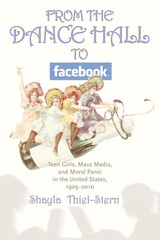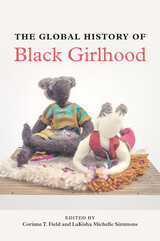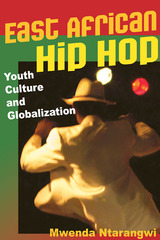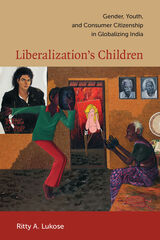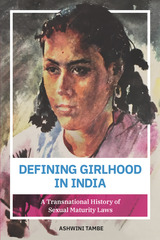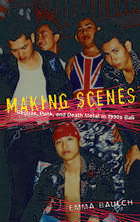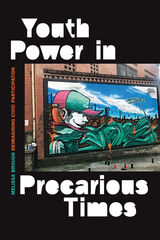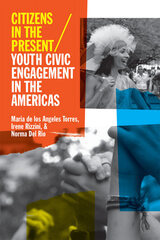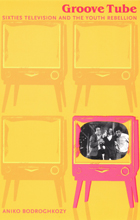Paper: 978-0-8223-4115-4 | eISBN: 978-0-8223-9034-3 | Cloth: 978-0-8223-4095-9
Library of Congress Classification HQ799.I52B38 2007
Dewey Decimal Classification 306.484260959862
Making Scenes is an exploration of the subtle politics of identity that took place within and among these scenes throughout the course of the 1990s. Participants in the different scenes often explained their interest in death metal, punk, or reggae in relation to broader ideas about what it meant to be Balinese, which reflected views about Bali’s tourism industry and the cultural dominance of Jakarta, Indonesia’s capital and largest city. Through dance, dress, claims to public spaces, and onstage performances, participants and enthusiasts reworked “Balinese-ness” by synthesizing global media, ideas of national belonging, and local identity politics. Making Scenes chronicles the creation of subcultures at a historical moment when media globalization and the gradual demise of the authoritarian Suharto regime coincided with revitalized, essentialist formulations of the Balinese self.
See other books on: Group identity | Indonesia | Punk | Subculture | Youth
See other titles from Duke University Press



